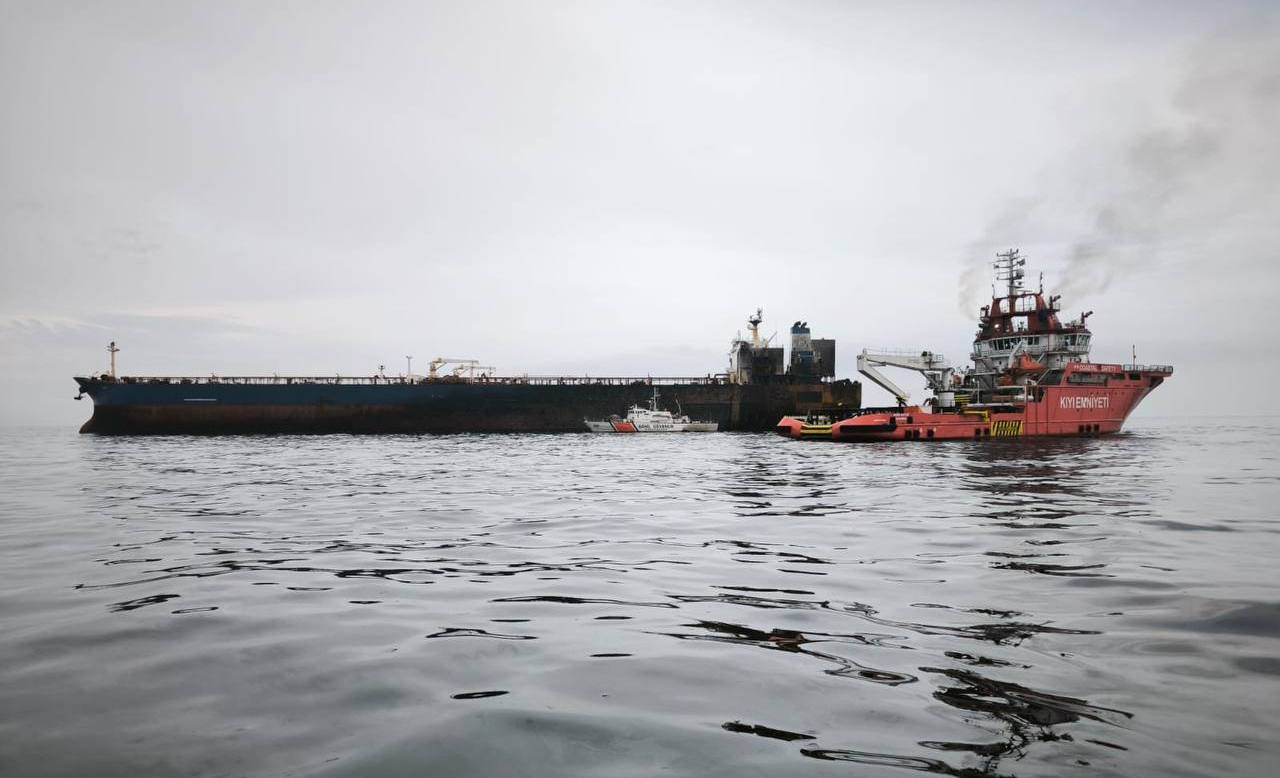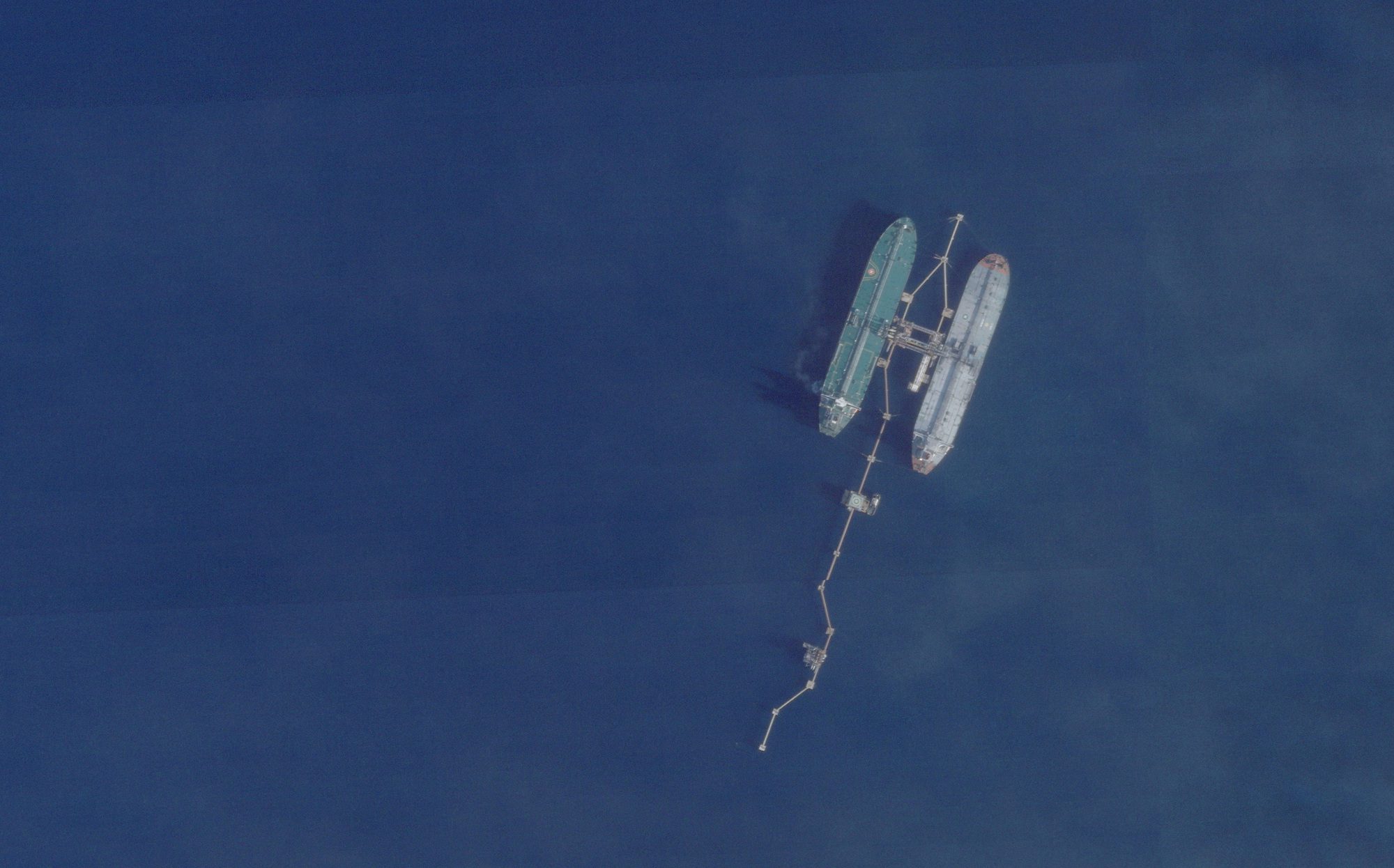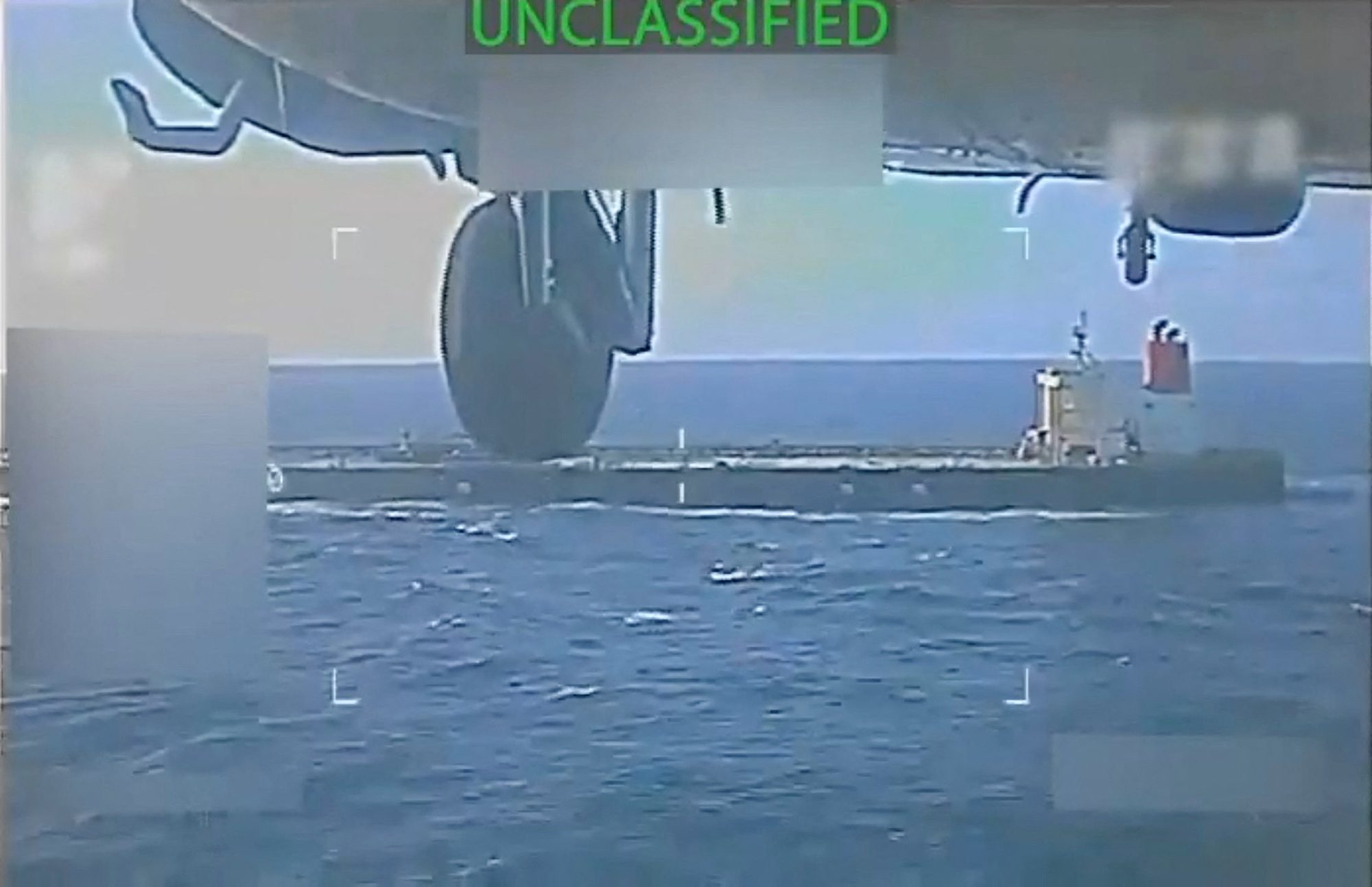File photo: REUTERS/Tim Chong
 By Ahmed Elumami
By Ahmed Elumami
TRIPOLI, July 9 (Reuters) – Libyan security forces guarding the country’s major Ras Lanuf oil port will seize any tankers approaching the terminal without permission after a force majeure was lifted there, the country’s recognised government said on Thursday.
The warning over Ras Lanuf illustrates how the OPEC country’s oil industry is caught up in a power struggle between two rival governments and their armed forces who have each appointed competing figures in the state oil company.
The internationally recognised government and elected parliament has operated in the east since last year when an armed faction called Libya Dawn took over the capital, set up its own government and took control of ministries in Tripoli.
Earlier this week, the National Oil Corporation based in Tripoli said it was lifting the force majeure measure on the Ras Lanuf oil terminal which had been shut since December because of fighting between the rival factions.
But Ras Lanuf is protected by an armed force allied to the internationally recognised government, which has appointed its own NOC chief who claims to represent the country’s industry.
The recognised government’s NOC chairman, Yousef Bu Saifi told Reuters the force majeure was still in effect and orders given to the Petroleum Facilities Guard or PFG at Ras Lanuf.
“We have asked the PFG to intercept any tankers trying to approach the oilfields for security and technical reasons. The force majeure is still in place,” he said.
Ali Al-Hasi, the PFG guard commander for the area around Ras Lanuf, said he had received orders to warn vessels away and to arrest crew if they did not comply.
Foreign vessels off Libya’s coast have in the past come under attack or air strikes from Libya’s armed factions, often because they are believed to be carrying arms or supplies for the rival group.
Four years after the civil war ousted Muammar Gaddafi, Libya is in chaos after brigades of former rebels who once fought together against the strongman have steadily turned against one another in a battle for power.
Libya’s oil industry has been badly hit. Strikes, protests and the conflict have closed down several major oilfields as well as ports. Production is less than half the 1.6 million barrels per day the North African state produced before 2011. (Writing by Patrick Markey; Additional reporting by Ayman Al-Warfalli in Benghazi; editing by David Evans)
(c) Copyright Thomson Reuters 2015.

 Join The Club
Join The Club











